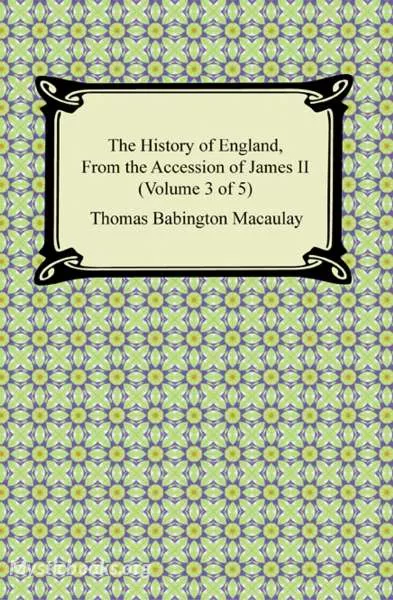
The History of England, from the Accession of James II - (Volume 3, Chapter 14)
'The History of England, from the Accession of James II - (Volume 3, Chapter 14)' Summary
This volume covers various 17th century events including a military campaign in Ireland and the Church of England oath-swearing controversy, in which some clergymen refused to swear an oath to King William and Queen Mary required by the crown.
Macaulay's approach to writing the History was innovative for his period. He consciously fused the picturesque, dramatic style of classical historians such as Thucydides and Tacitus with the learned and factual approach of his 18th-century precursors such as Hume, following the plan laid out in his own 1828 "Essay on History".
The History is famous for its brilliant ringing prose and for its confident, sometimes dogmatic, emphasis on a progressive model of British history. According to this view, England threw off superstition, autocracy and confusion to create a balanced constitution and a forward-looking culture combined with freedom of belief and expression. This model of human progress has been called the Whig interpretation of history.
Book Details
Language
EnglishOriginal Language
EnglishPublished In
1848Authors
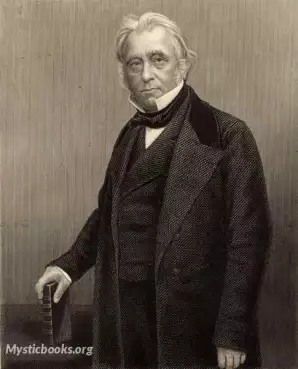
Thomas Babington Macaulay
England
Thomas Babington Macaulay, 1st Baron Macaulay was a British historian and Whig politician. He is considered primarily responsible for introducing the Western education system in India. He wrote extens...
Books by Thomas Babington MacaulayDownload eBooks
Listen/Download Audiobook
- Select Speed
Related books
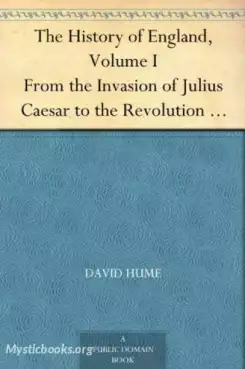
History of England from the Invasion of Julius Caesar to the Revolution of 1688, Volume 1B by David Hume
This is Volume 1B which covers the reigns of Henry III to Richard III. The History of England is David Hume's great work on the history of England (a...

Arizona Sketches by Joseph Munk
An introduction to Arizona from approximately a century ago. We also get equally good information on native tribes both of his time and archeological...
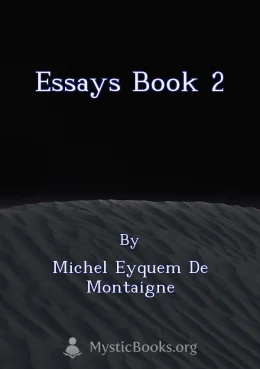
Essays book 2 by Michel Eyquem de Montaigne
Michel de Montaigne's *Essays* is a groundbreaking work of personal reflection and philosophical inquiry. The second volume of this collection continu...

On by Hilaire Belloc
“On” is a collection of essays and short writings by Hilaire Belloc, covering a wide range of subjects. His writing style is witty, insightful, and of...
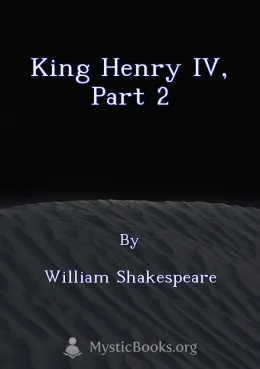
King Henry IV, Part 2 by William Shakespeare
Henry IV, Part 2 is a history play by William Shakespeare, believed written between 1596 and 1599. It is the third part of a tetralogy, preceded by Ri...
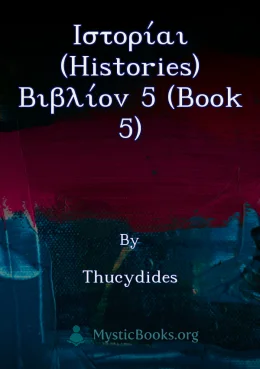
Ιστορίαι (Histories) Βιβλίοv 5 (Book 5) by Thucydides
Thucydides' *Histories* is a seminal work of ancient Greek history, focusing on the first twenty years of the Peloponnesian War, a conflict between At...
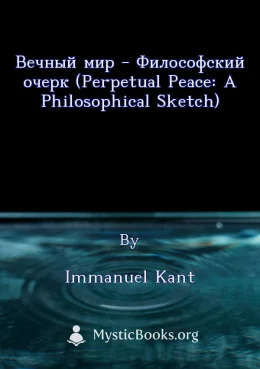
Вечный мир - Философский очерк (Perpetual Peace: A Philosophical Sketch) by Immanuel Kant
Immanuel Kant's *Perpetual Peace: A Philosophical Sketch* is a seminal work in political philosophy, outlining his vision for a world free from war....
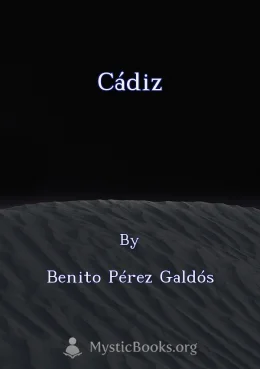
Cádiz by Benito Pérez Galdós
Cádiz, the eighth installment in Benito Pérez Galdós's *Episodios Nacionales*, continues the story of Spain's struggle against Napoleonic rule. The no...
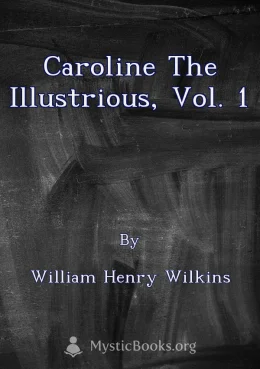
Caroline the Illustrious, Vol. 1 by William Henry Wilkins
Caroline of Ansbach, Princess of Wales, and later Queen Consort of Great Britain, was a remarkable figure in 18th-century England. As the wife of Geor...
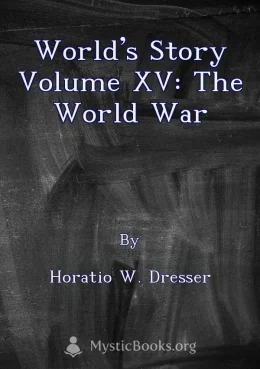
World’s Story Volume XV: The World War by Horatio W. Dresser
This volume, the final installment of the 15-volume 'World's Story' series, focuses on the events surrounding World War I. It explores the political a...
Reviews for The History of England, from the Accession of James II - (Volume 3, Chapter 14)
No reviews posted or approved, yet...